PUTIN: “I can proudly say that the RUSSIAN ARMY is at the VERY TOP OF THE WORLD.”
Putin Declares Russian Army is “At the Very Top of the World” Amid Rising Global Tensions
In a bold statement that has captured the attention of the international community, Russian President Vladimir Putin declared that the Russian military is now “at the very top of the world,” positioning it as one of the most formidable armed forces globally. This declaration comes amid heightened global tensions, with the war in Ukraine continuing to rage and a broader geopolitical rivalry between Russia and Western nations intensifying.
Putin’s remarks were made during a speech where he highlighted Russia’s military capabilities, asserting that the Russian armed forces were stronger than ever before. This statement is not just a reflection of Russia’s self-perception as a global superpower but also a message to the West and its allies that Russia remains a major player in the international security arena, capable of defending its interests at home and abroad.
A Strategic Statement
Putin’s comments about the Russian military’s top status are not made in isolation but come against a backdrop of ongoing military conflicts and strategic military advancements. Since the beginning of Russia’s invasion of Ukraine in February 2022, the Russian military has faced significant challenges. Despite the initial expectations of a quick victory, the conflict has morphed into a long and bloody war of attrition. However, Russia’s ability to maintain its military campaigns despite sanctions and international condemnation has allowed Putin to portray the Russian army as a resilient force capable of confronting Western powers head-on.
While the Russian military’s performance in Ukraine has been criticized on several fronts, including logistical issues, casualties, and the slow pace of territorial gains, Putin’s remarks underline his determination to project strength and national pride. The Russian leader is keen to bolster domestic morale, present a strong front to the West, and reassure both his military and the Russian public that their sacrifices are for the greater good of the nation.
Russia’s Military Modernization
Putin’s assertion also speaks to the ongoing efforts to modernize Russia’s military forces. Over the past two decades, Russia has invested heavily in upgrading its arsenal, with particular emphasis on its nuclear capabilities, air defense systems, and advanced weaponry such as the hypersonic missiles and the S-400 missile defense system. Moscow has also ramped up the production and development of cutting-edge military technology, including advanced tanks, drones, and aircraft.
This modernization program has been accompanied by increased military drills and exercises, both within Russia’s borders and in neighboring regions. The Kremlin has increasingly demonstrated its ability to mobilize large numbers of troops quickly, showcase high-tech weaponry, and enhance its command and control structures. Russia’s advancements in cyber warfare and space technology are also significant factors in its claim to be at the “top of the world” militarily, as these areas have become crucial in modern conflicts.
Moreover, the Russian military is known for its formidable nuclear deterrence, which remains a cornerstone of the country’s defense policy. Russia has the world’s largest stockpile of nuclear weapons and has continued to develop more sophisticated nuclear delivery systems. Putin has repeatedly emphasized the importance of Russia’s nuclear capabilities, warning the West that any attempt to challenge Russian interests could have catastrophic consequences.
The Role of Propaganda and Nationalism
Putin’s statement is also deeply tied to the themes of nationalism and state propaganda. Since the invasion of Ukraine, the Kremlin has worked hard to maintain domestic support for the war effort, presenting Russia as a besieged fortress defending itself against an aggressive West. In this narrative, the Russian military is portrayed as both a protector of Russian sovereignty and a symbol of national pride. By declaring that Russia’s army is at the top of the world, Putin seeks to elevate the morale of the Russian public and reassure them of the strength and unity of their military.
The Russian media has played a critical role in reinforcing this narrative. State-controlled outlets consistently highlight Russia’s military successes, even when they are small or contested, and downplay setbacks. Russian state propaganda often casts the conflict in Ukraine as an existential battle for the survival of Russian culture, traditions, and security. In this context, the Russian army becomes not just a military force but an embodiment of the nation’s identity and resilience.
Challenging the West
Putin’s statement can also be seen as a direct challenge to the West, particularly the United States and NATO. In recent years, relations between Russia and the West have deteriorated significantly, with the invasion of Ukraine marking a major turning point in post-Cold War diplomacy. NATO’s expansion, particularly its potential future inclusion of countries like Ukraine, has been a longstanding point of contention for Moscow. By asserting that the Russian army is at the top of the world, Putin signals to the West that Russia will not back down and that any further attempts to encircle Russia will be met with strong resistance.
Russia has made it clear that it views NATO’s influence in Eastern Europe as a threat to its own security and sphere of influence. Putin’s military buildup, including the stationing of advanced weaponry and increasing military exercises near NATO borders, is part of his broader strategy to push back against Western influence in the region. His declaration about Russia’s military strength serves as both a warning and a reminder that Russia will protect its interests by any means necessary, including military force.
The Impact of the Ukraine War on Russia’s Military Reputation
Despite Putin’s claim that Russia’s army is at the top of the world, the war in Ukraine has raised important questions about the effectiveness of the Russian military. The initial stages of the invasion were marked by surprising setbacks, with Russian forces failing to achieve their objectives quickly and suffering significant casualties. The Ukrainian military, bolstered by Western support, has mounted a surprisingly effective resistance, forcing Russian forces to retreat from some areas and resulting in a long, drawn-out conflict.
Western military analysts have pointed to these early failures as evidence that Russia’s military is not as formidable as it once was, questioning its ability to win a war against a well-equipped, determined adversary. Issues such as poor logistics, low morale among troops, and outdated equipment have been cited as significant challenges facing the Russian military. Moreover, the heavy reliance on conscripts and limited experience in modern warfare have also hindered Russia’s ability to achieve decisive victories.
Despite these challenges, Putin’s statement reflects his determination to control the narrative surrounding Russia’s military strength. By emphasizing the capabilities of the Russian army, he seeks to shift focus away from its struggles in Ukraine and present the conflict as part of a larger, ongoing effort to defend Russian interests. Additionally, by highlighting Russia’s strength, Putin aims to dissuade foreign powers from escalating the conflict or intervening directly in support of Ukraine.
The Global Reactions
International reactions to Putin’s statement have been mixed. Western leaders have expressed skepticism, pointing to the continuing difficulties faced by Russia in Ukraine as evidence that the Russian military is not invincible. At the same time, NATO allies have reiterated their commitment to supporting Ukraine, emphasizing that the war will not end until Russia’s invasion is repelled.
In contrast, some countries that have maintained close ties with Russia, including China and Iran, may view Putin’s statement as a reflection of the military prowess of a nation that has stood firm in defiance of Western influence. Russia’s continued military operations, including in Syria and its increasing cooperation with China in military and strategic matters, have positioned Russia as a central player in a broader challenge to U.S. and NATO dominance in global affairs.
Conclusion: A Symbol of Strength and Defiance
Putin’s declaration that the Russian army is “at the very top of the world” is a clear attempt to project strength, both to his domestic audience and to the international community. While the statement is part of a broader narrative designed to maintain national pride and military morale, it also signals Russia’s readiness to defend its interests, no matter the cost. In the face of Western sanctions, diplomatic isolation, and battlefield setbacks in Ukraine, Putin seeks to reinforce Russia’s image as a global military superpower.
As the war in Ukraine continues, Putin’s rhetoric surrounding Russia’s military strength will likely remain a central element of his strategy. Whether or not the Russian military truly holds the position of “the very top of the world” remains to be seen, but for Putin, the message is clear: Russia will not be easily challenged, and its military is a force to be reckoned with on the global stage.
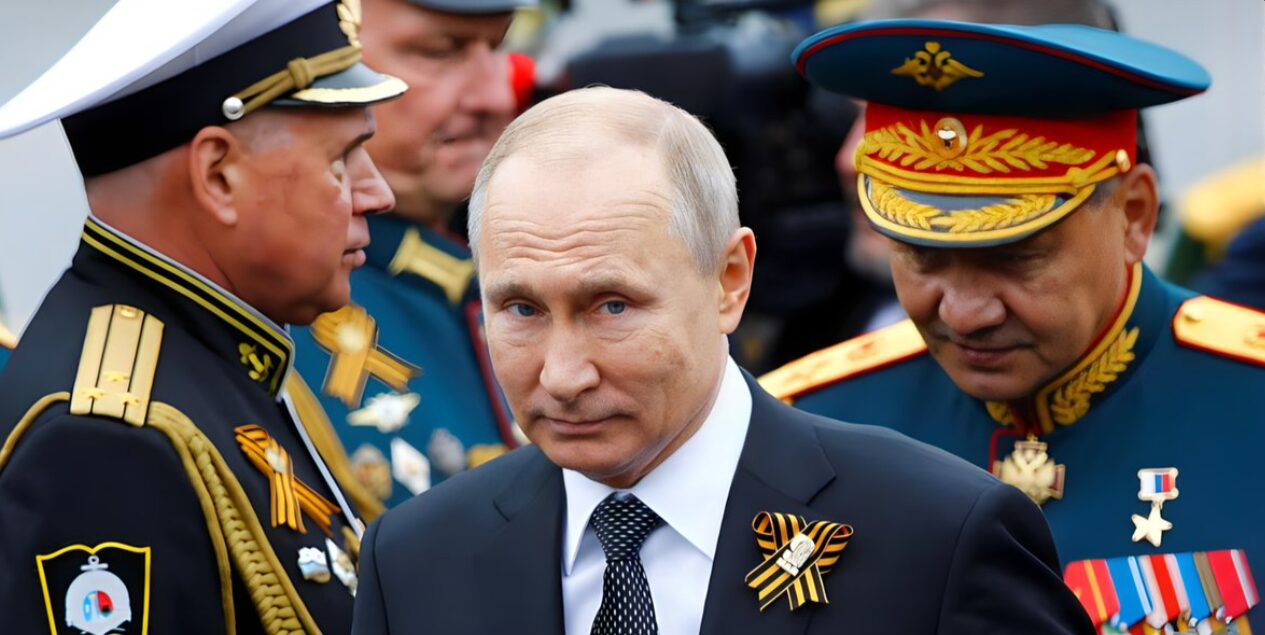
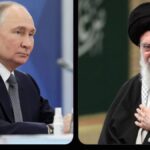
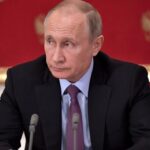
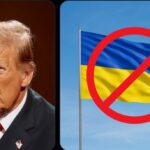
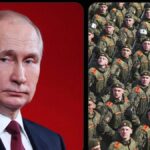
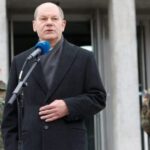
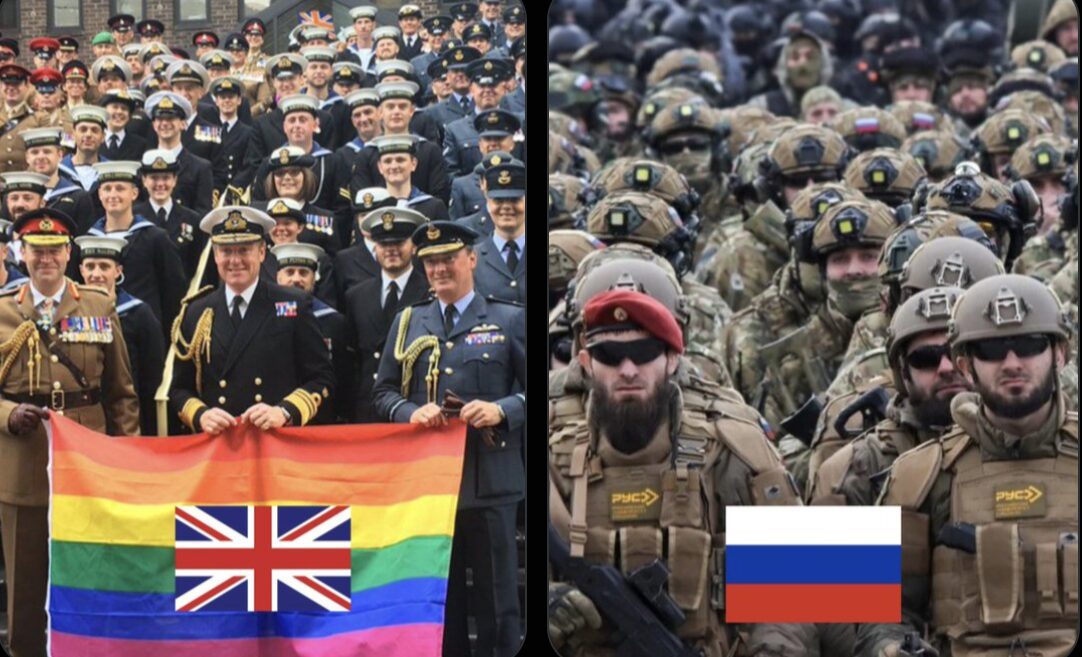
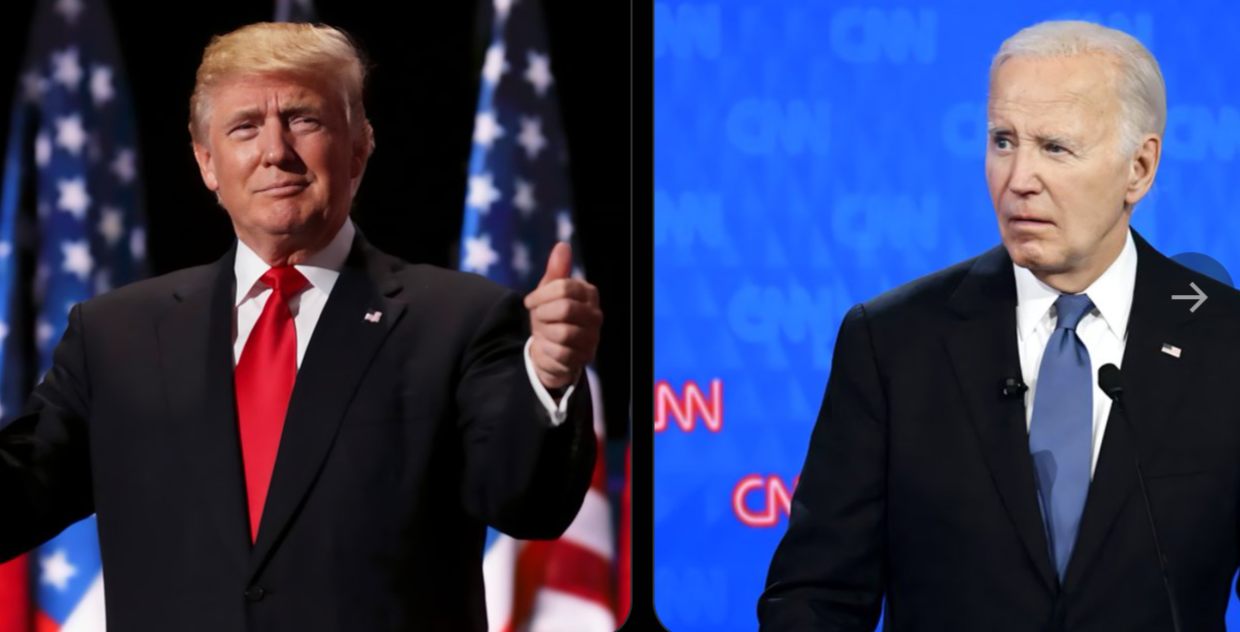
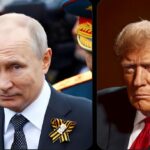
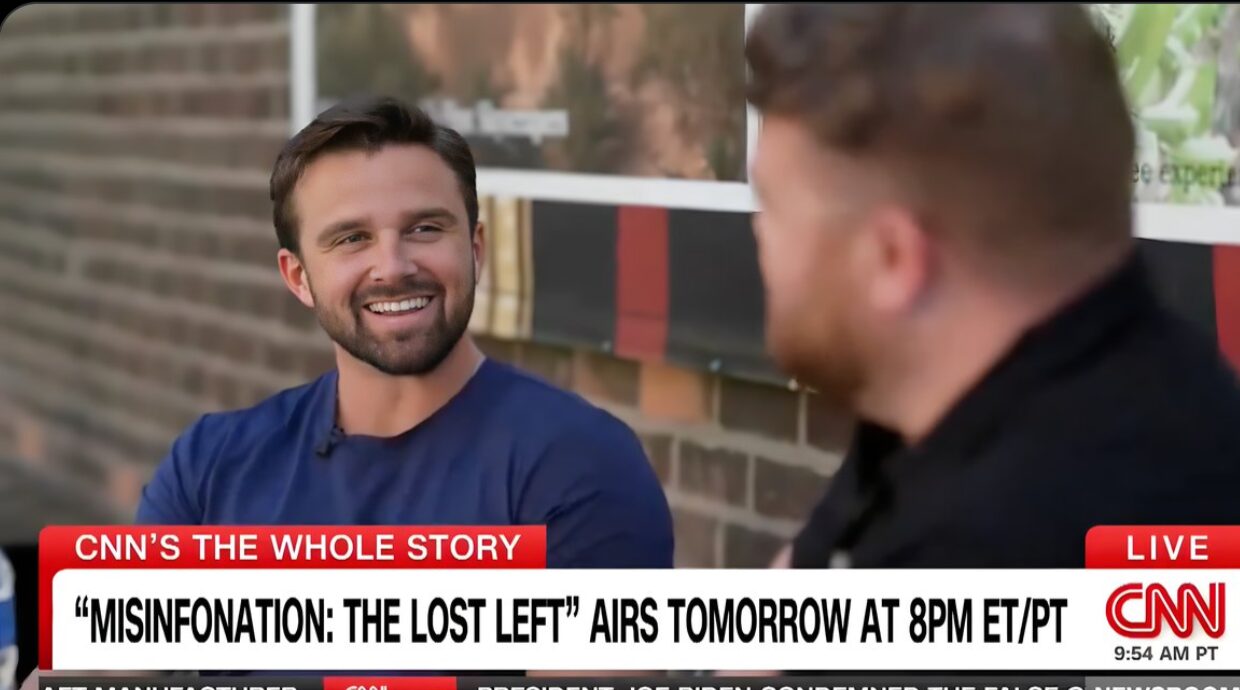
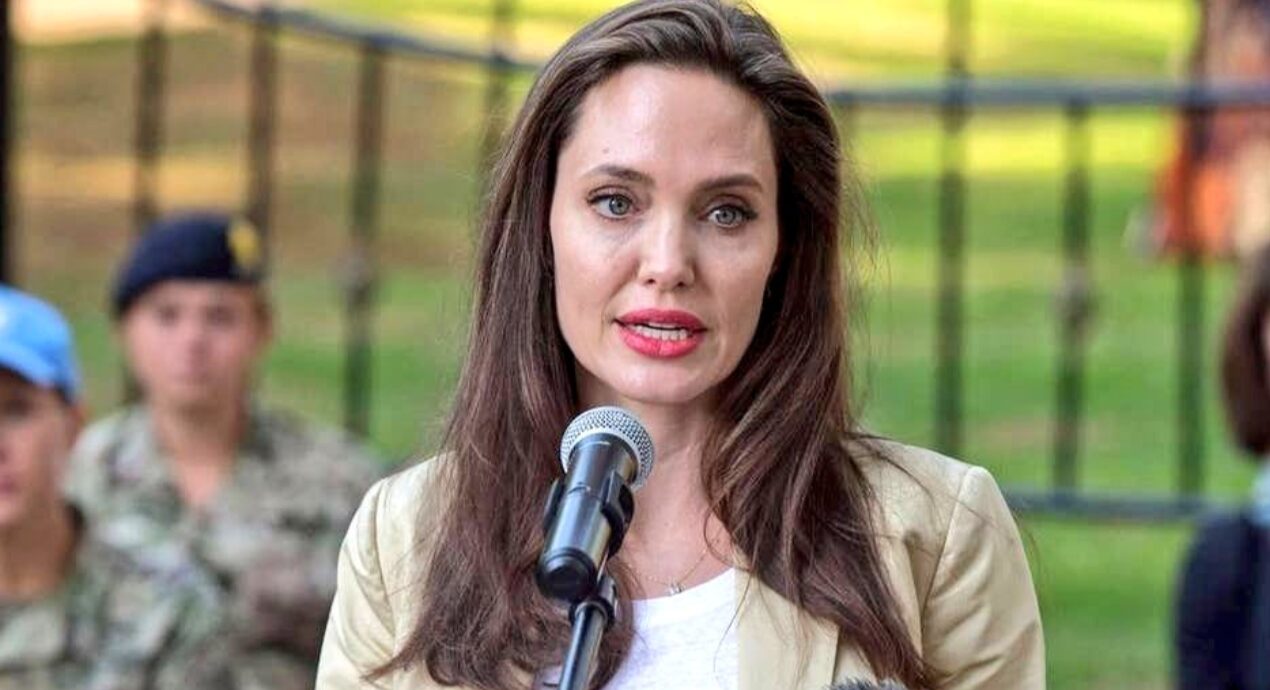
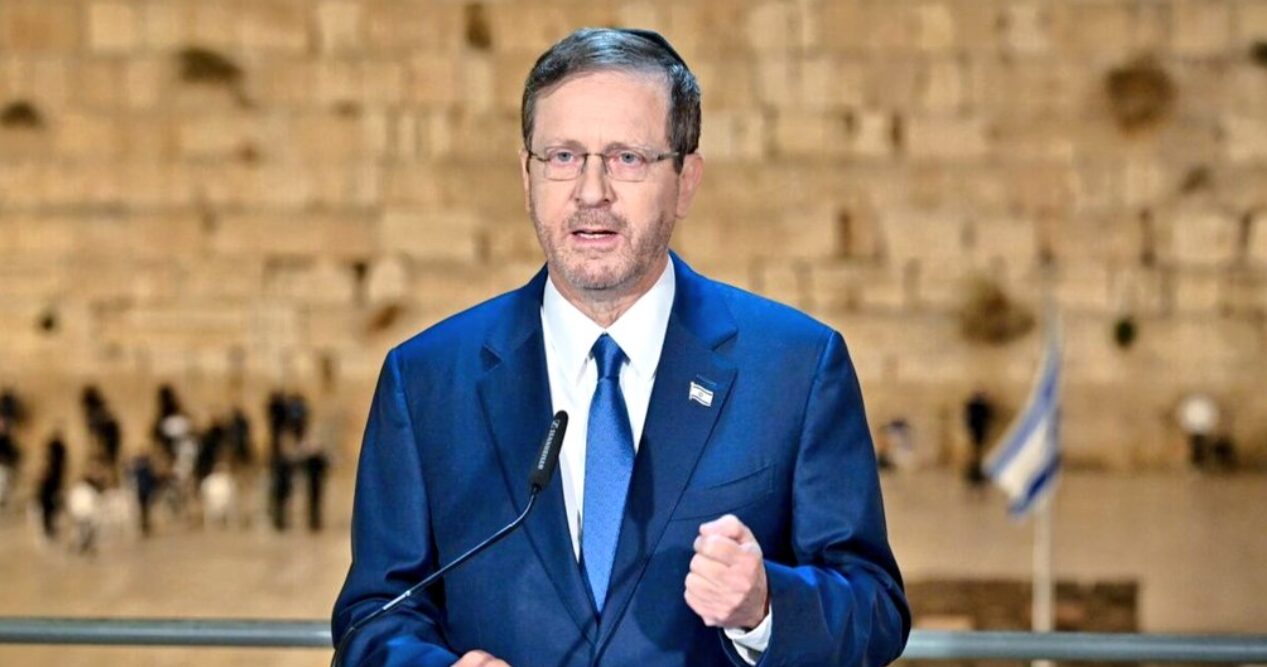





Post Comment